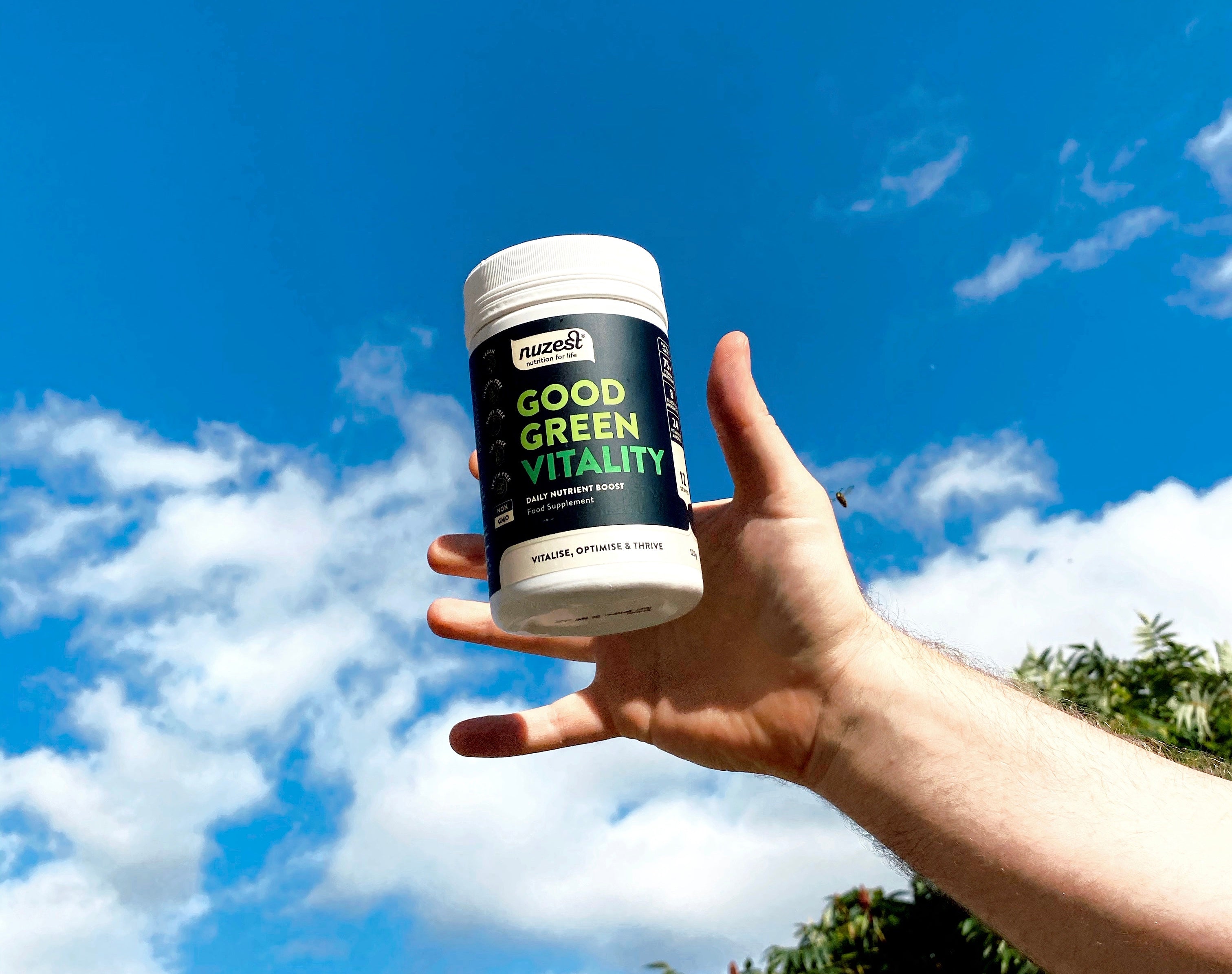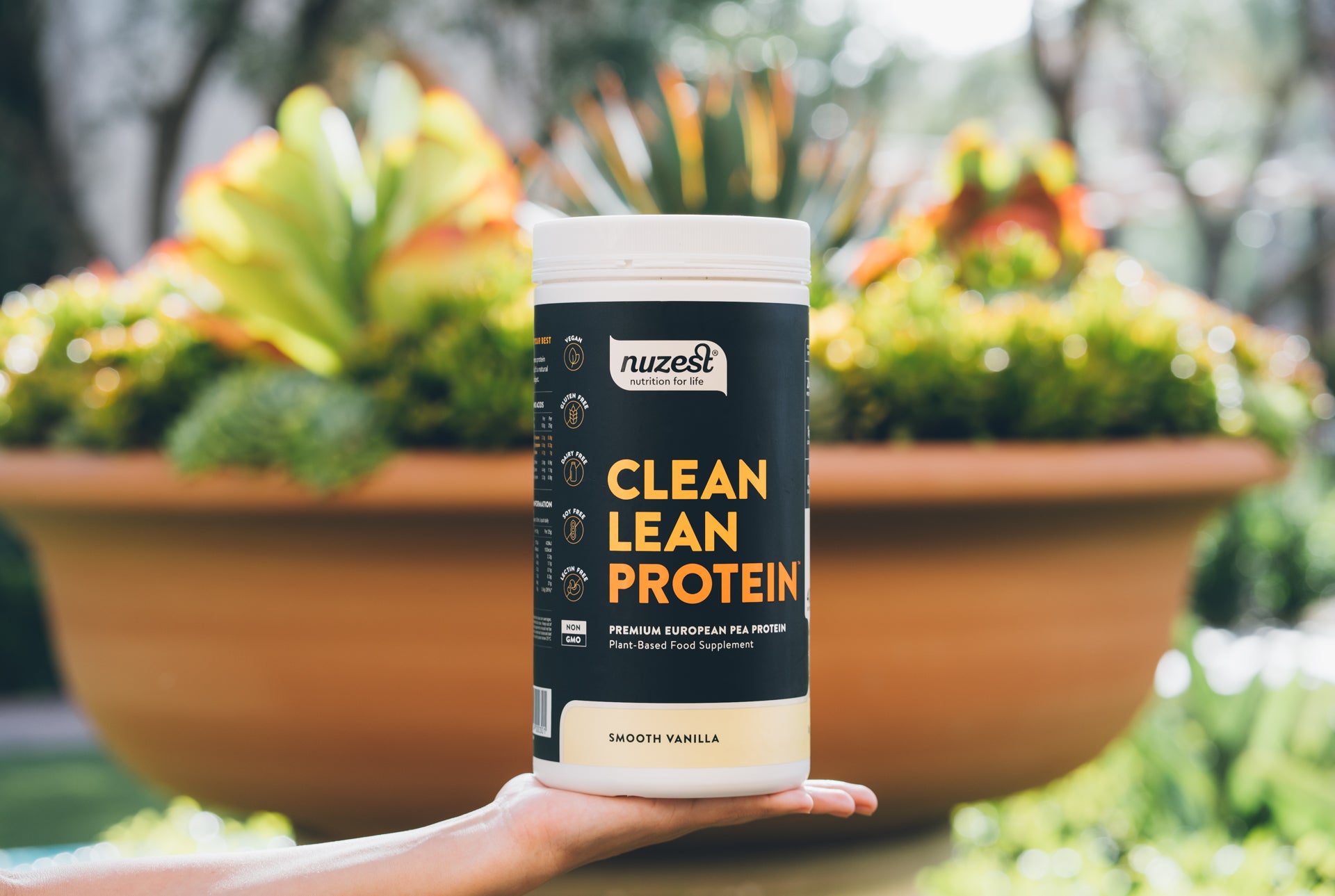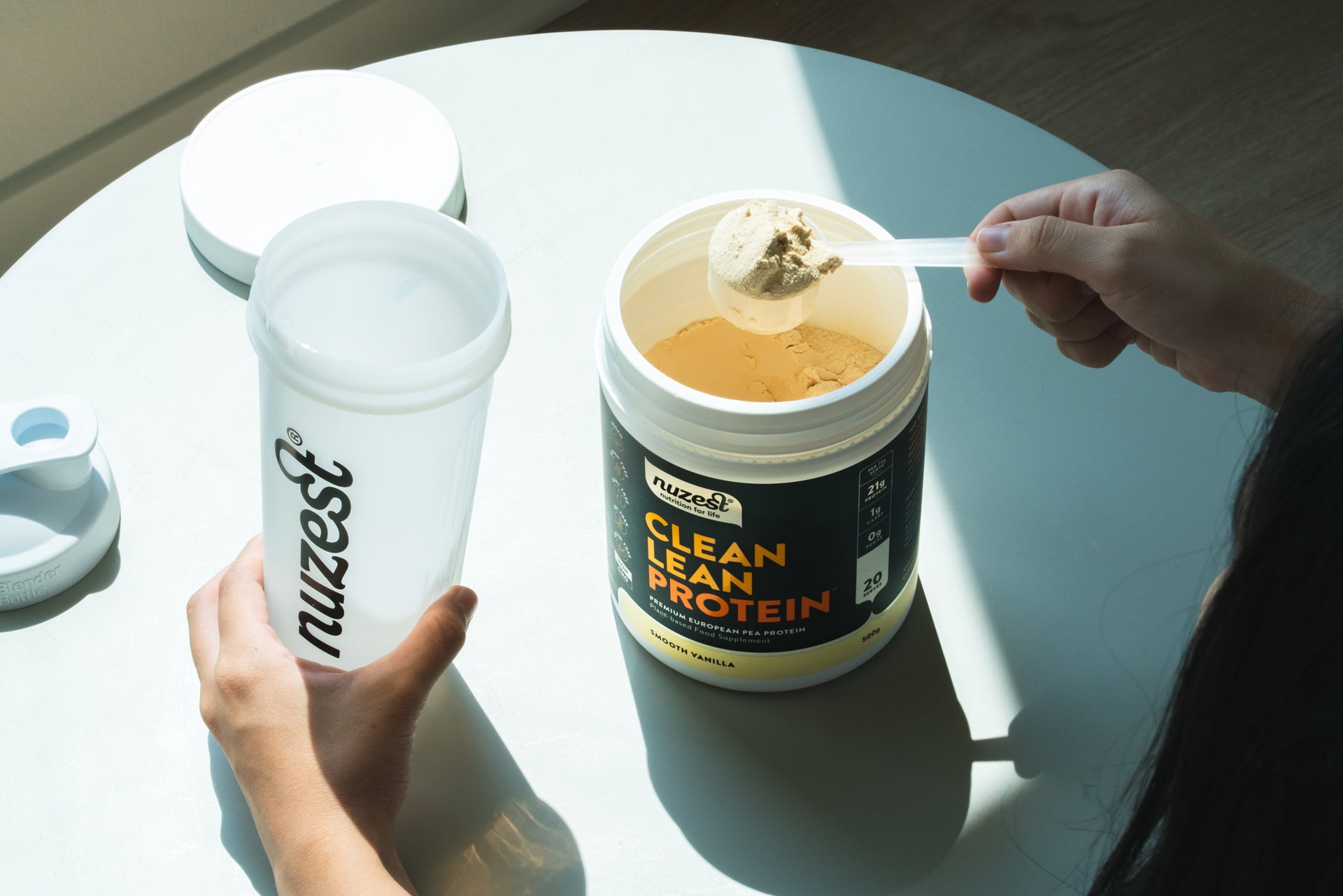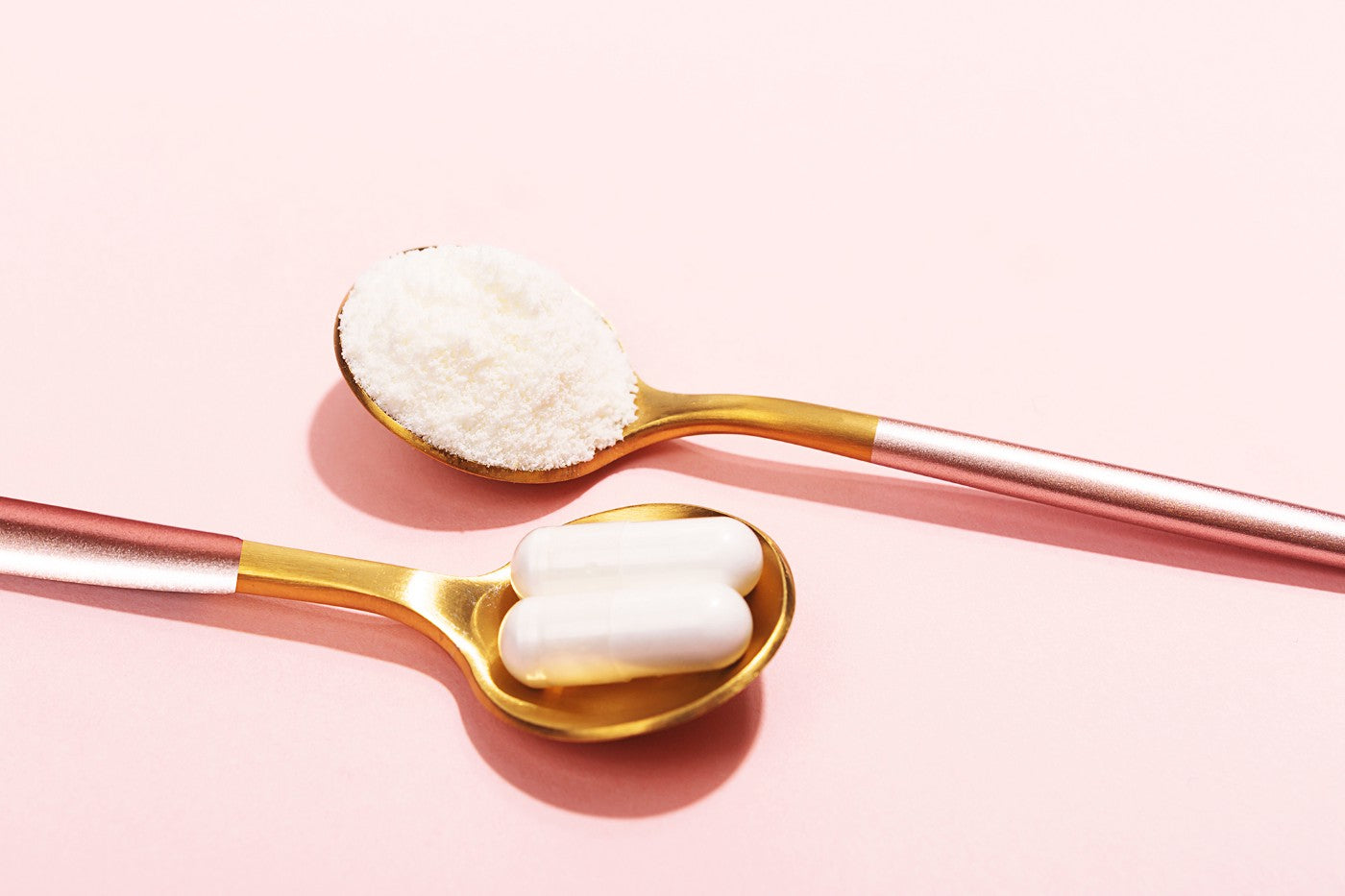The immune system is a complex system, not a single entity, it is a network of cells, organs, proteins and antibodies that work to protect you against bacteria, viruses and parasites. Whilst we generally only think of our immune system when we feel unwell, it is actually working every day to keep us fighting fit, and at times, it does fail. While you may have a few tricks to get rid of your illness once you have it, ensuring your immune system is prepared will reduce the likelihood of you becoming ill in the first place.
There is a lot of talk out there about boosting your immune system, but fine-tuning and optimising, rather than boosting, is where we should focus our energy. To best defend your body, every component of your immune system needs to be well-functioning and in balance. It is within your power to look after your immune system. Through a combination of lifestyle changes and good nutrition you can prepare your immune system for whatever life throws at you.
Exercise often
Exercising is not only for strengthening your muscles and joints, it can also build a strong immune system. Exercise reduces levels of the stress hormone, cortisol (which we will talk about later on), and releases endorphins, which will in turn positively impact your immune system. Daily movement in the form of exercise can also promote good circulation; allowing your immune cells to travel around the body more efficiently, picking up signs of infection as soon as they strike. Studies have shown that engaging in as little as 30 minutes of moderate-to-high exercise daily can contribute to a healthy immune system.
While there is evidence that intense exercise can suppress the immune system, making you more susceptible to illness, ensuring you replenish your body well following exercise can reduce this risk. Not sure how? Learn more here.
Get plenty of sleep
Sleep is a time when your body regenerates. When you fail to get enough sleep, your immune system is less able to defend your body. Sleep deprivation also elevates cortisol levels which can wear down the immune system.
Many of us struggle to get enough good quality sleep but there are things we can do to best support our sleep rhythms:
- Avoiding screens for an hour before bed. The blue light can disrupt our sleep hormones; even if you have a blue light filter, the activities that we do with screens tend to be very stimulating.
- Avoiding caffeine in the evenings.
- Having a regular routine can signal to your body that it’s time to rest.
- Wind down and dim the lights in the evening to promote sleepiness.
- Waking and going to bed at the same time every day, even at weekends.
- Getting some natural sunlight first thing in the morning, which can help to regulate your body clock.
Keep stress under control
There is a strong link between the body and mind. Stress, whether it be big or small, can place extra strain on the body. Your body will begin to work overtime to manage your mental health as well as your physical health. Long-term stress, in particular, can lead to chronically elevated levels of the steroid hormone, cortisol. When cortisol levels are constantly elevated, it blocks the immune system from kicking into gear and doing its job to protect the body against potential threats.
Minimising your stress levels will therefore optimise your immune system. Stress is different for everyone, and how we relieve it is an individual process of discovery. Begin with singling out the stressors in your life and find a way to tackle each one head-on; finding the root cause is a step in the right direction. It is also helpful to explore a means of escape, for example, if work is the stressor in your life adopt a new hobby to take your mind off things, or put an hour by to relax, wind down and switch your brain off. Self-care is the big factor in this equation, with the haste of modern-day life it can be difficult to find time for ourselves.
Good nutrition
The nutrients you get from food, in particular, plant-based foods like fruits, vegetables, herbs, and spices are essential to keeping your immune system functioning optimally. Immunity and nutrition are tightly linked.
The foundation for a healthy immune system is a good diet that provides sufficient energy, essential fats, protein, and all the essential micronutrients. Diets that are high in processed and refined foods, and especially those high in saturated fats and sugar, on the other hand, are likely to worsen responses to infection.
The following vitamins and minerals are particularly important for immune function:
- Vitamin A
- Vitamin B6
- Folate (vitamin B9)
- Vitamin B12
- Vitamin C
- Vitamin D
- Vitamin E
- Zinc
- Iron
- Copper
Eating a well-balanced diet of whole grains, fruits and vegetables, complete proteins and healthy fats, helps to reach your daily recommended intake of these vitamins and minerals.
In an ideal world, we would all receive the full range of nutrients our bodies need from the food we eat. But the truth is, even with the healthiest diet, most of us will find this difficult. Supplementing your diet with a good-quality multinutrient can help to fill the gaps in your nutrition and supply a majority of the nutrients you may not always take in each day. Good Green Vitality gives your body a huge variety of greens, fruits and vegetables, fortified with vitamins, minerals and other essential nutrients in their most bioavailable forms. One serving includes over 75 ingredients, each one selected to support all 11 body systems.
Although it can be challenging to manage all of these things on an ongoing basis, do as much as you can. Little steps can result in big wins.
















